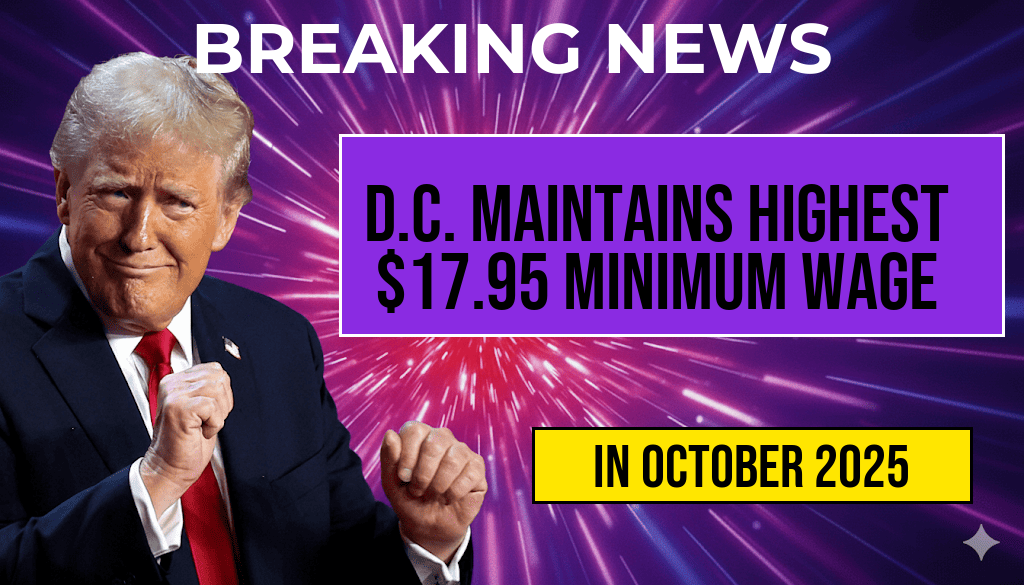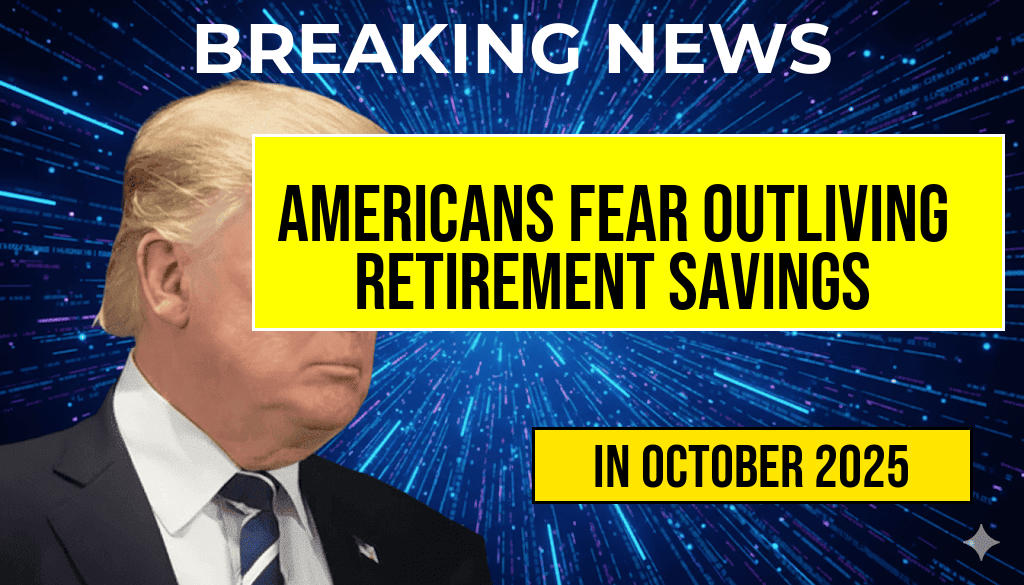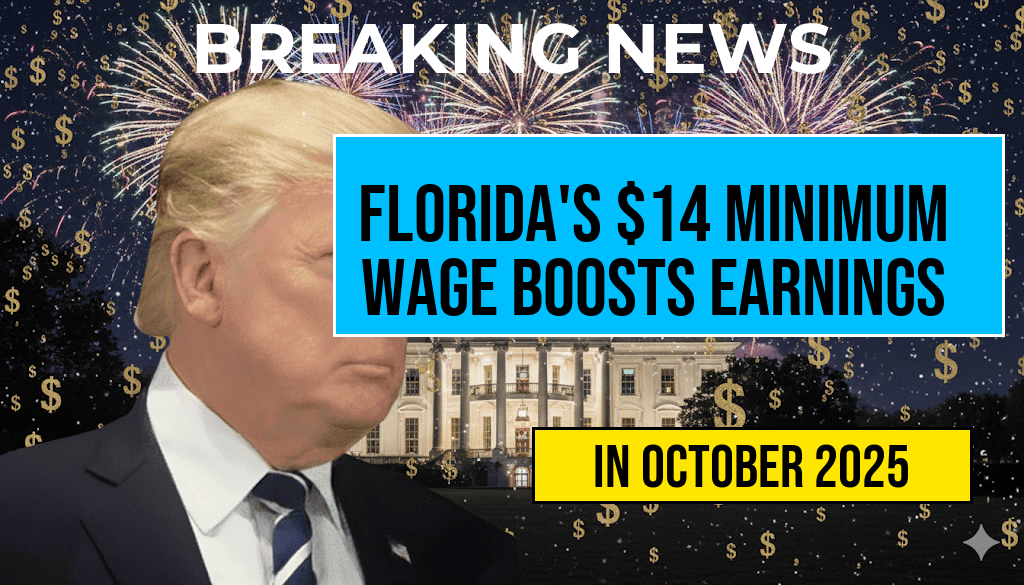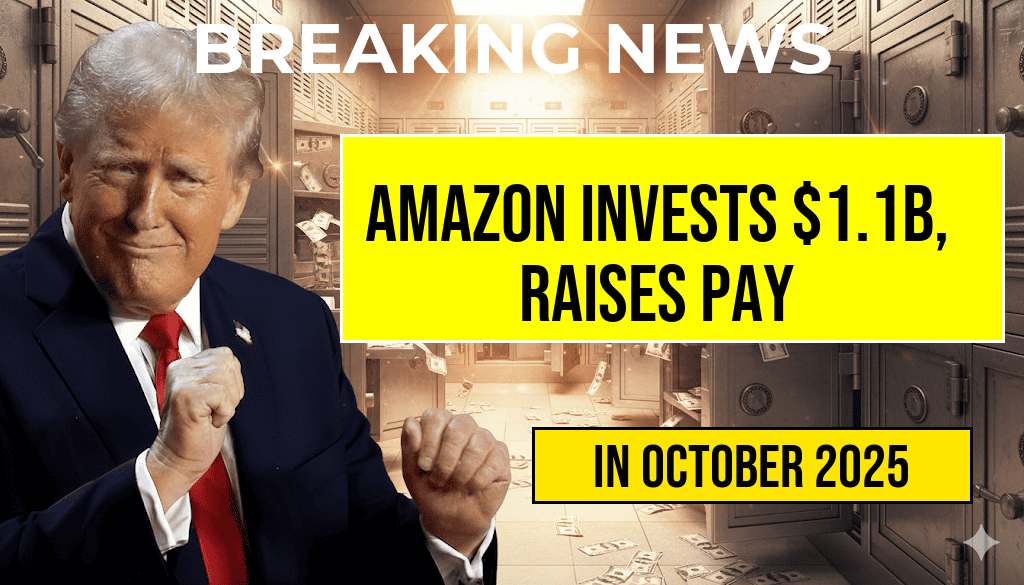Washington D.C. has solidified its position as the U.S. city with the highest minimum wage, setting the bar at $17.95 per hour. This marks a significant increase from previous years and reflects the city’s commitment to economic equity amid rising living costs. The District’s minimum wage surpasses those of other major urban centers, including Seattle and San Francisco, which have historically led in wage policies. City officials emphasize that the wage hike aims to improve quality of life for low-income workers while addressing inflationary pressures that have impacted residents since the pandemic’s economic disruptions. As the nation debates wage standards and economic recovery strategies, D.C.’s move highlights ongoing efforts at the local level to balance labor market competitiveness with social responsibility. The adjustment also signals broader trends in policymakers’ recognition of wages as a crucial tool for economic stability and racial equity.
Background on Washington D.C.’s Minimum Wage Policy
The District of Columbia’s minimum wage has been steadily increasing over the past decade, driven by legislation aimed at reducing income inequality. The most recent update, implemented on July 1, 2023, raised the hourly rate to $17.95, a substantial jump from the previous rate of $16.10. This increase is part of a scheduled plan to reach a $18.00 minimum wage by 2024, aligning with the city’s efforts to sustain a living wage for its workforce.
Local policymakers have cited studies indicating that a wage of approximately $17 to $18 per hour is necessary for a single adult to cover basic expenses such as housing, transportation, and healthcare in D.C. The city’s economic development strategy emphasizes that elevating wages can reduce reliance on public assistance programs and stimulate local economic activity.
According to the Wikipedia page on minimum wages in the U.S., several cities have adopted higher minimum wages through local legislation, often driven by the advocacy of labor unions and community organizations.
Comparison with Other Major U.S. Cities
| City | Minimum Wage (per hour) | Effective Date |
|---|---|---|
| Washington D.C. | $17.95 | July 1, 2023 |
| Seattle, WA | $16.78 | January 1, 2023 |
| San Francisco, CA | $16.99 | February 2023 |
| New York City, NY | $15.00 | December 31, 2022 |
| Chicago, IL | $15.40 | January 1, 2023 |
While cities like Seattle and San Francisco have long been known for their high wages, D.C.’s rate outpaces them, reflecting the city’s status as a political and economic hub. The higher minimum wage is also seen as a response to the city’s high housing costs, which significantly impact low-income workers.
Impact on Workers and Employers
Workers in Washington D.C. are expected to see immediate benefits from the wage increase, with many earning enough to better afford housing and transportation. Labor advocates argue that this move not only boosts individual income but also contributes to a more equitable economy by narrowing wage disparities. A report by the Economic Policy Institute suggests that minimum wage increases can lead to reduced employee turnover and increased productivity.
However, some business owners express concerns about the increased labor costs, particularly in sectors with tight profit margins like retail and hospitality. Small businesses, in particular, worry about the potential for reduced hiring or increased automation. Despite these concerns, city officials maintain that the benefits of a higher minimum wage outweigh potential drawbacks, emphasizing that wage growth can lead to a more stable and motivated workforce.
Broader Economic Context and Future Outlook
The wage hike in Washington D.C. occurs amidst a broader national debate about living wages and economic recovery. As inflation persists, many workers are advocating for higher pay to maintain purchasing power. Federal discussions about a nationwide minimum wage increase remain unresolved, but local governments like D.C. continue to set higher standards that could influence national policy.
Looking ahead, D.C. plans to further adjust wages aligned with inflation and cost of living indices. The city’s approach serves as a model for other jurisdictions contemplating similar measures to address economic disparities. Experts note that ongoing inflationary pressures could prompt additional increases, making the District’s minimum wage one of the most competitive in the country.
For more insights into wage policies and economic trends, visit the U.S. Bureau of Labor Statistics and Forbes.
Frequently Asked Questions
What is the current minimum wage in Washington D.C.?
The current minimum wage in Washington D.C. is $17.95 per hour, making it the highest in the United States.
How does Washington D.C.’s minimum wage compare to other states?
Washington D.C.’s minimum wage surpasses that of most states, positioning it as the leader with the highest hourly rate nationwide.
Are there plans to increase the minimum wage further?
While there are ongoing discussions about future minimum wage increases, the current rate remains at $17.95 per hour, with any changes typically announced by local authorities.
Who is affected by the minimum wage law in Washington D.C.?
The minimum wage law applies to most employees working within Washington D.C., including part-time and full-time workers across various industries.
What benefits does a higher minimum wage provide to workers?
A higher minimum wage helps workers achieve better financial stability, reduces poverty levels, and promotes economic growth within the community.




